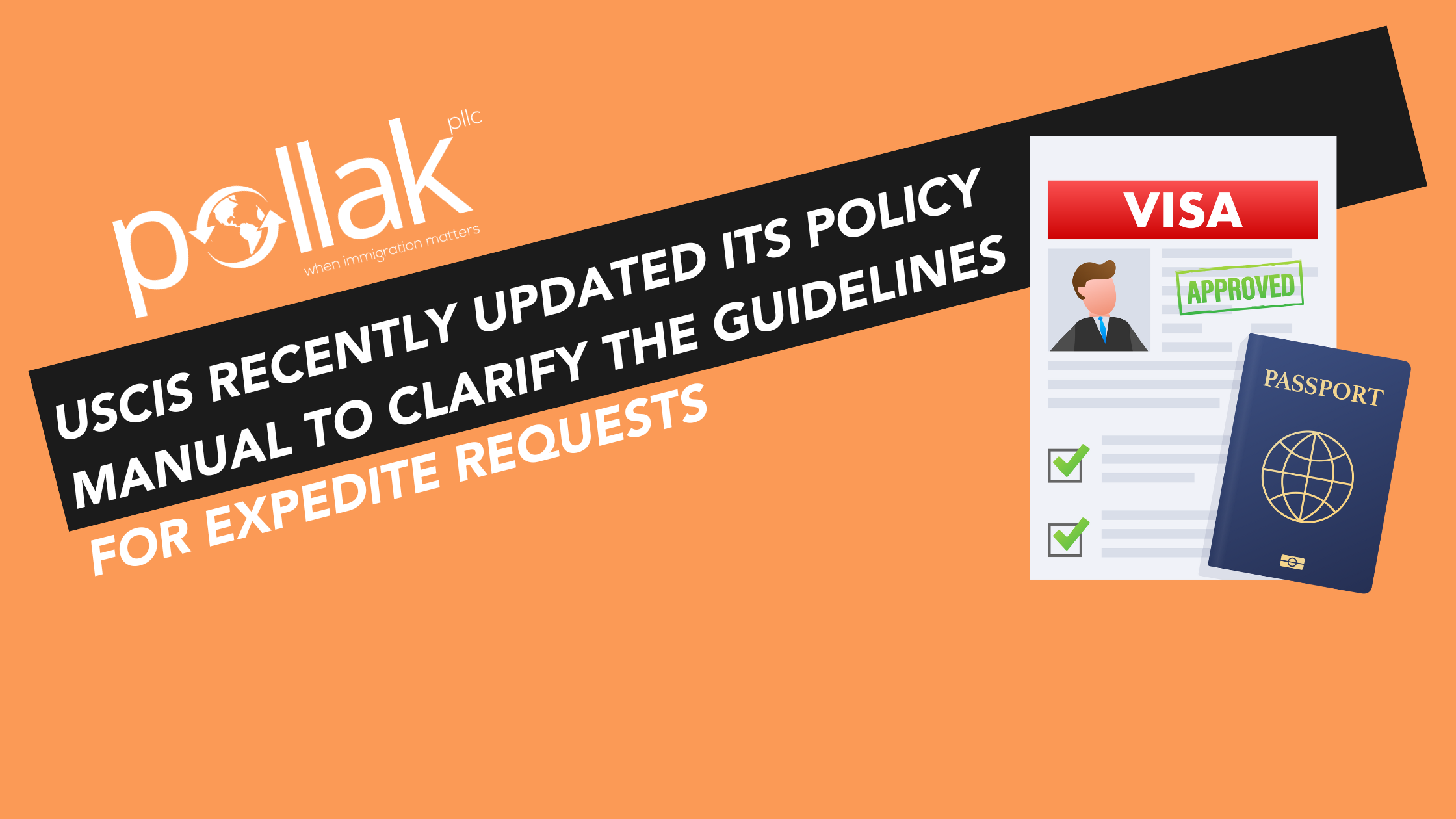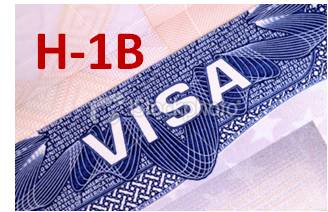 The United States Citizenship and Immigration Services (USCIS) recently updated its Policy Manual to clarify the guidelines for expedite requests. The changes primarily address requests based on government interests, emergencies, and humanitarian situations, providing a streamlined path for applicants to understand how to file and what to expect.
The United States Citizenship and Immigration Services (USCIS) recently updated its Policy Manual to clarify the guidelines for expedite requests. The changes primarily address requests based on government interests, emergencies, and humanitarian situations, providing a streamlined path for applicants to understand how to file and what to expect.
While the expedite request process can be essential for many, its approval hinges on strict criteria and the agency's discretion. Given this context, it's crucial for applicants and petitioners to understand how these changes may impact their cases and whether they qualify for faster processing.
Travel-Related Expedite Requests
The clarification centers on travel-related expedite requests. These requests involve Form I-131, which covers travel documents like Parole Documents and Arrival/Departure Records. Applicants who urgently need to travel outside the U.S., either for unforeseen events or planned commitments, may request expedited processing.
For emergency travel, such as urgent medical care abroad or attending a family member’s funeral, applicants may request expedited handling if they can show that time-sensitive circumstances make it impossible to wait for standard processing times. On the other hand, for planned travel, USCIS will evaluate whether the applicant submitted their request in a timely manner and whether regular processing timelines would interfere with their planned departure.
Submission and Processing of Expedite Requests
USCIS has also updated the submission process for expedite requests to enhance efficiency. Requestors can now submit their expedite requests online via secure messaging, using their USCIS accounts. This improvement allows applicants to upload supporting evidence and track their requests in real time.
Once an expedite request is submitted, USCIS will inform applicants of its decision through the USCIS Contact Center. While this communication process is designed to be more responsive, USCIS does not provide detailed justifications for denials, leaving applicants to assume the reason for rejection unless further clarification is provided.
The discretion to expedite remains solely with USCIS, and approval is not guaranteed. USCIS considers each expedite request individually, weighing the urgency and merit of the case against the overall impact on the agency’s resources and other applicants.
Criteria for Expedite Requests
USCIS considers a variety of factors when evaluating expedite requests, and not all emergencies qualify. The criteria used by the agency include:
- Severe Financial Loss: This applies when the inability to expedite could result in a significant financial loss to a person or company. Examples include a medical practice that must lay off staff due to delays in employment authorization for a physician, or an individual at risk of job loss due to delays in travel documentation. Simply needing to work does not meet the threshold for expedited treatment without additional compelling factors.
- Emergencies and Urgent Humanitarian Situations: Expedite requests related to emergencies typically involve threats to human welfare, such as illness, disability, or the death of a close relative. These situations require documentation to substantiate the urgency of the request.
- Nonprofit Organizations: Nonprofit organizations may request expedited treatment if their case is tied to social or cultural U.S. interests. However, the role of the individual benefiting from the request must be critical to the organization’s mission and impact.
- Government Interests and USCIS Errors: As previously mentioned, cases linked to public safety, national security, or other pressing government interests are often given priority. Additionally, if USCIS makes an error that causes undue delays, an expedited correction may be warranted.
The expedite request process is complicated, with success depending heavily on demonstrating urgency and providing sufficient documentation. If you need guidance on filing an expedite request or have questions about your specific case, contact Pollak PLLC at (214) 305-2266. Our team can help assess your situation and provide you with essential legal support.




-1.png)